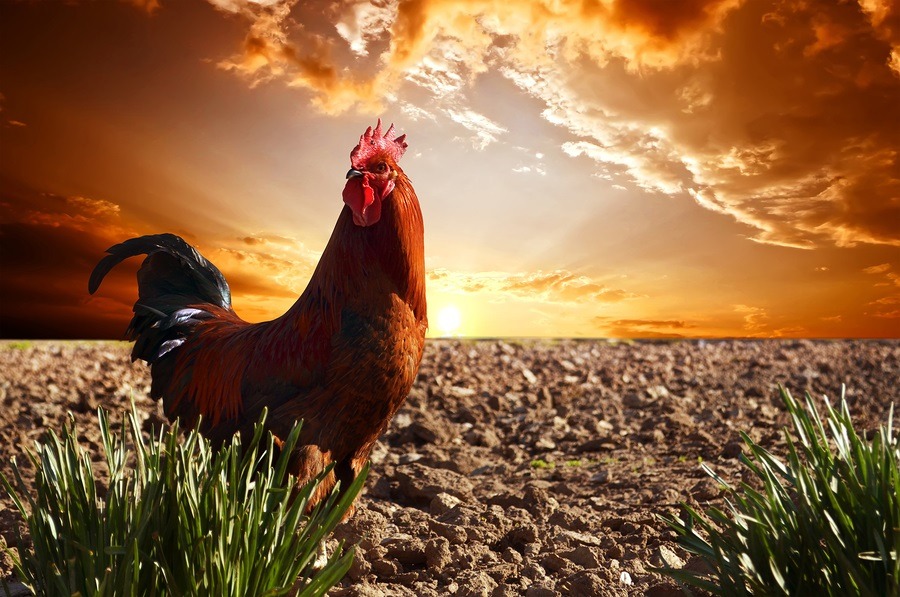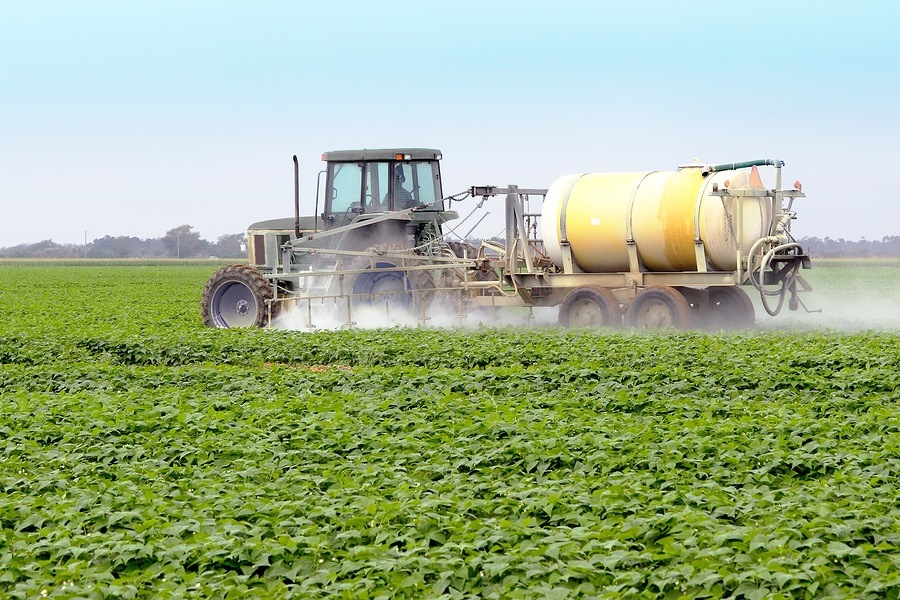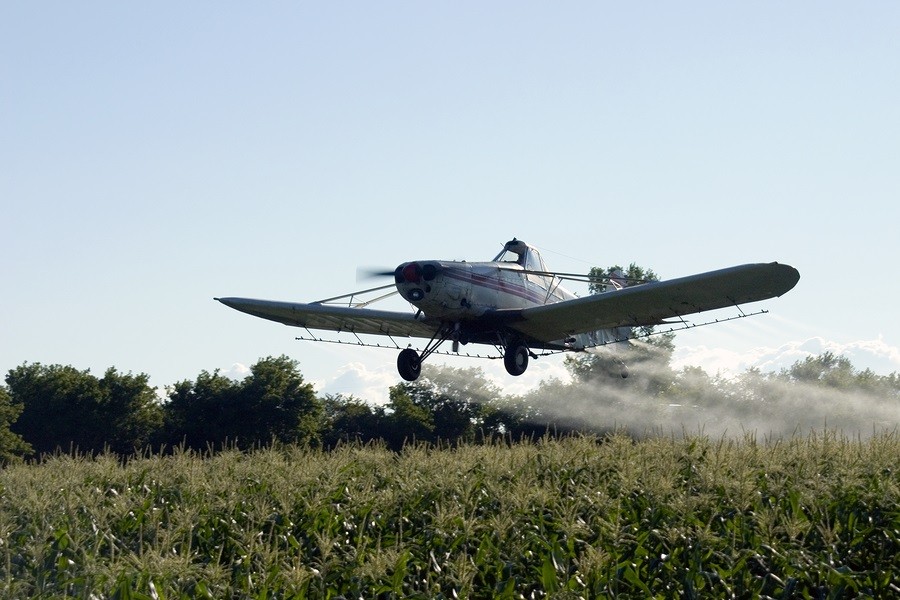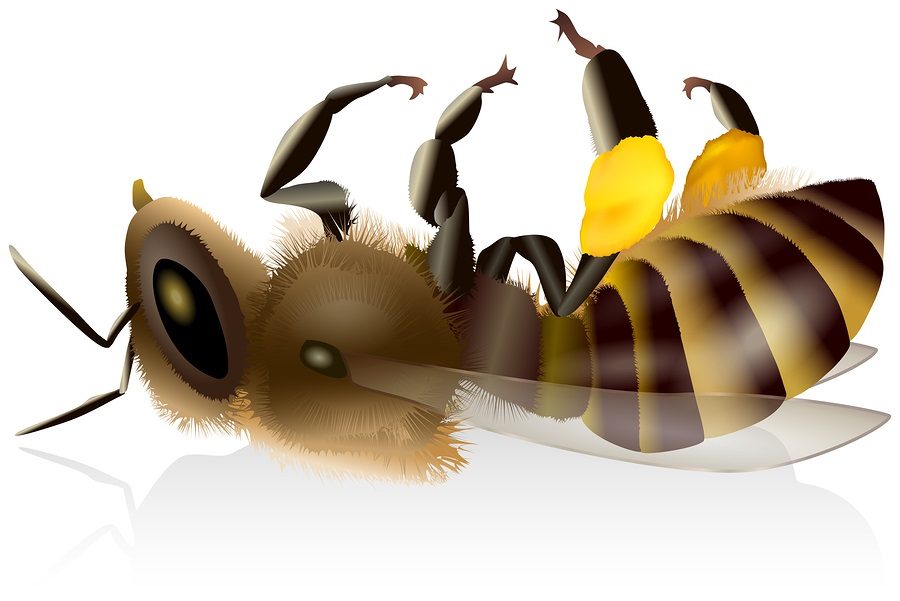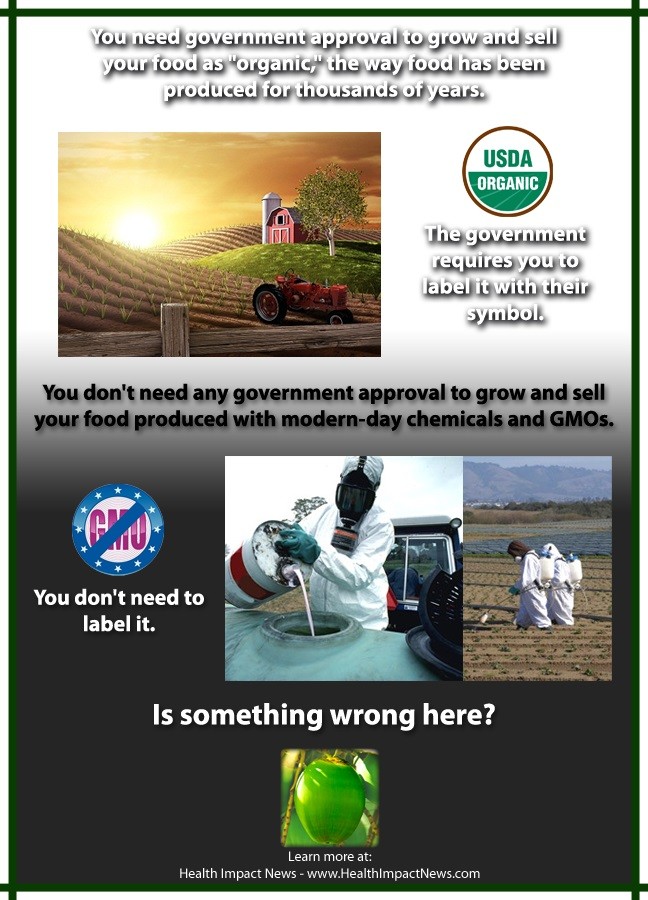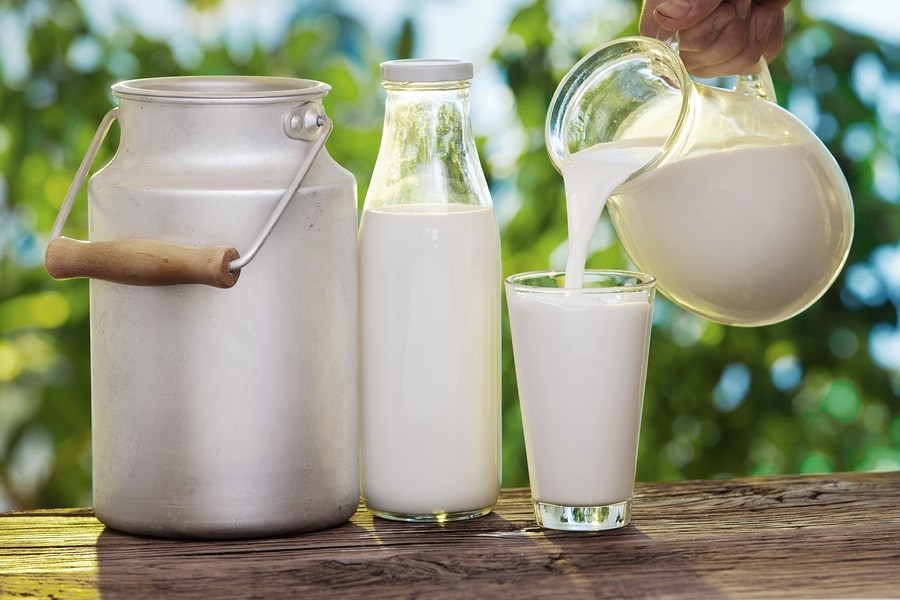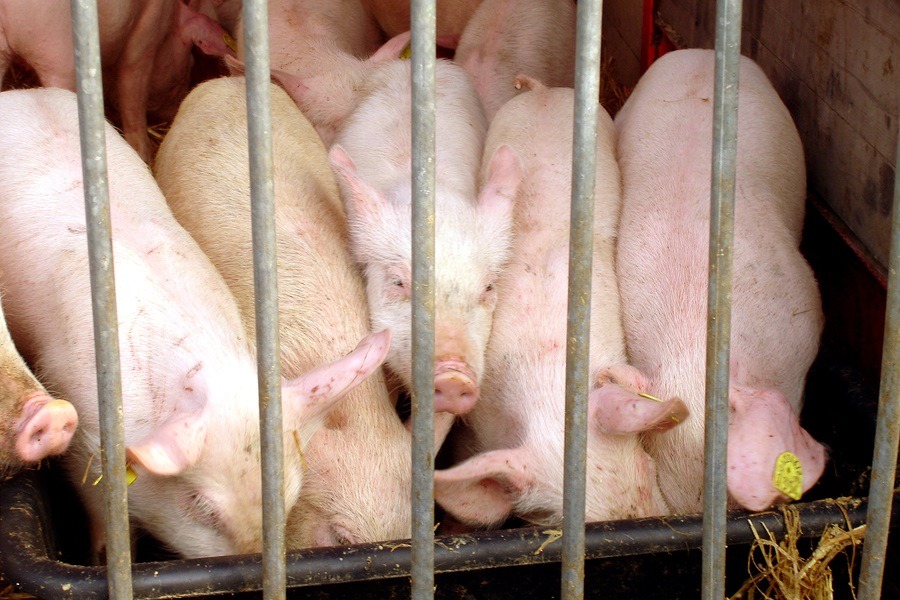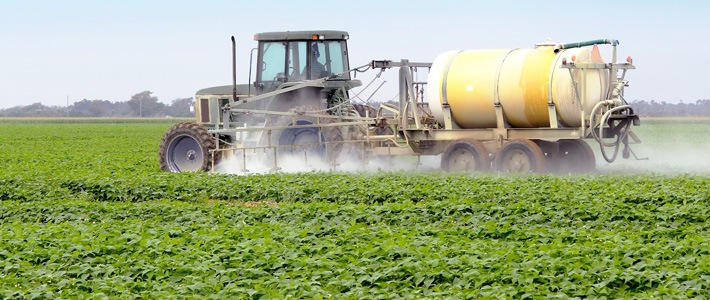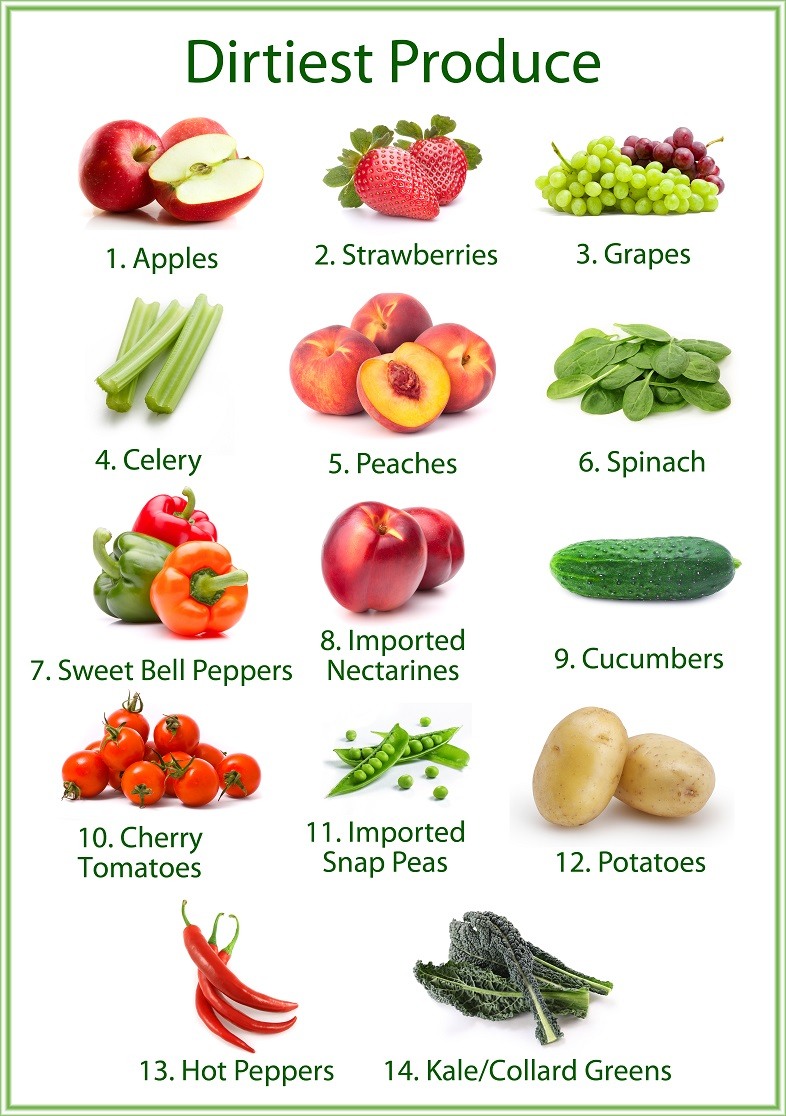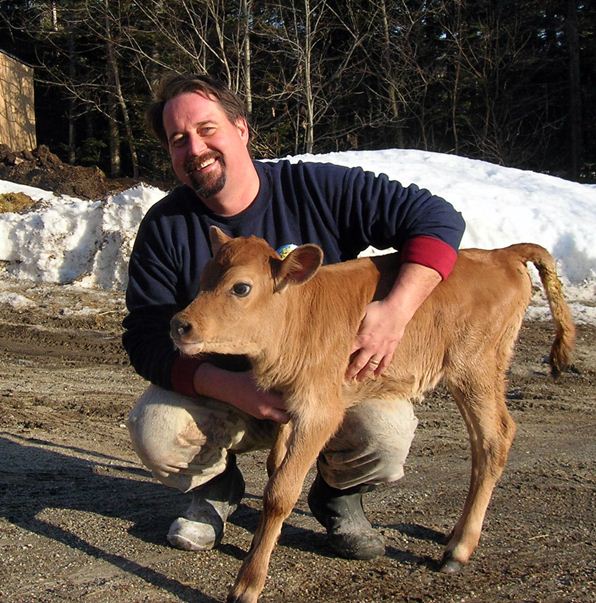News regarding the dangers of GMOs and biotech, and the advantages of organic sustainable agriculture.
Genetically “Tweaked” Chickens Suffer from Lack of Fertility: Is the End of Commercial Poultry Near?
A Reuter's story recently reported that the world's largest chicken breeder is suffering from rooster infertility due to genetic manipulation. The popular Ross male breed of roosters is used to produce as much as 25 percent of the nation's chickens raised for meat (broilers). As a result, chicken production is down, and prices will continue to rise. So what are these "genetic manipulations" causing these problems? There is supposedly no GMO chicken in the market, but chicken genome has been mapped since 2004. Has the public actually been eating GMO chicken for some time now? What is the future of the commercial poultry industry and their factory birds?
Is Glyphosate Responsible for your Health Problems?
The use of Roundup and other related glyphosate-based formulas threaten human health. The widespread use of these toxic substances can be directly linked to dozens of degenerative and life threatening diseases. They are causing infertility, birth defects, and the death of unborn children. The effects are multigenerational. People who eat glyphosate contaminated food will produce children who are predisposed to many types of digestive dysfunctions, that is, if such couples are even able to conceive children. We know for certain that glyphosate is toxic to human health. Of course, the chemical companies, the U.S. government, and agribusiness don’t agree. In the matter of food toxicity, we cannot depend upon government agencies to protect our health. The United States is rapidly going bankrupt, because of ballooning healthcare expenditures. As Americans, we are sick and getting sicker. The grand experiment which set out to feed us a low-fat high-carbohydrate diet is killing us. The grand experiment that uses fear to get people to take dozens of vaccines is destroying our immune systems. Glyphosate is adding its toxic burden to these other experiments by creating a food supply that is loaded with disease causing toxic chemicals. Clearly the grand experiment on the entire U.S. population involving Roundup and GMO food is failing miserably. Nevertheless, chemical companies and manufacturers of genetically altered seed keep on pressing forward to invent even more toxic chemicals for their ever increasing number of modified seeds.
Study: Indiana Corn Pesticides Linked to Autism
A recent UC Davis study found pregnant women living within a mile of fields were pesticides were sprayed were 60 percent likelier to have a child with autism. Since that study was published, director of Notre Dame autism research lab and associate editor of Journal of Autism and Developmental Disorders, Dr. Joshua Diehl, says he's been bombarded with e-mails and calls from concerned parents and researchers.
Spokane City Council to Ban Neonicotinoid Insecticides to Protect Honey Bees
The same Spokane City Council that legalized the raising of small farm animals in March is now taking aim at protecting honeybees. Council President Ben Stuckart has introduced an ordinance that would ban city purchase and use of a relatively new class of insecticides known as neonicotinoids. Research is showing that those chemicals, sold as a series of products, may be harmful to honeybees.
First Bees, now Birds in Danger from Insecticides
Prairie bird populations are falling in many Midwestern states, from ring-necked pheasants to horned larks to sparrows. Scientists now say insecticides are a primary culprit.
Oregon wants to Map GMO Farms, but Biotech Companies Refuse to Reveal Locations of GMO Fields
Kristina Bravo of Takepart.com is reporting that the State of Oregon is trying to take action to map GMO fields to protect their non-GMO and organic industry. Oregon has been hit especially hard in this area, as an Oregon farmer last year found an unapproved GMO variety of wheat growing in his field. This immediately resulted in several countries around the world that import U.S. wheat putting a halt on U.S. shipments due to their total ban on GMO wheat, hurting the export market for non-GMO wheat, such as the varieties grown in Oregon and Washington. Most of the world market has restrictions or out right bans on GMO products. Gov. John Kitzhaber is directing the State’s agriculture department to chart where genetically modified crops are grown, so non-GMO farmers can plan accordingly and seek to minimize the damage from cross contamination. However, producers of GMO seeds such as Monsanto and Syngenta do not publicly disclose their field locations. These companies repeat the USDA assertion that GMO farmers and non-GMO farmers can "co-exist" and that mapping is not necessary. Polls show that an overwhelming majority of American consumers want GMO products labeled, and producers of GMO products fully understand that if their products are labeled as GMO in the market place, consumers will not buy them. In addition, most of the rest of the world will not import them. Apparently the U.S. Government and the Biotech industry have taken it upon themselves to decide what is best for America and the rest of the world, and have no qualms with polluting the entire U.S. agricultural system with their genetically modified products.
FDA Influencing Illinois Raw Milk Restrictions
As we have frequently reported here at Health Impact News, the federal war against raw milk is NOT over food safety, but over the economic threat to Big Dairy and their subsidized milk pools that go into processed food. When farmers bypass the system and market a premium product directly to the consumer, such as farm-fresh milk directly from a healthy cow, they are threatening the system. The FDA should have no jurisdiction at all at the state level in trying to regulate raw milk, but as Pete Kennedy writes below, they are influencing the Illinois Department of Public Health to restrict consumer's rights to purchase milk directly from the farm.
Factory Farm Model Fails Again: 10 Percent of US Pig Population Wiped Out in One Year
Over the past year, nearly 10 percent of the entire pig population in the US has been wiped out by a highly lethal virus. The virus, called Porcine Epidemic Diarrhea virus (PEDv), has been traced back to pig’s blood used in piglet feed to promote growth and enhance immune function. PED virus has traditionally been a relatively mild pathogen. Only recently did it suddenly evolve into a far more aggressive version—with a mortality rate of nearly 100 percent among affected animals. The factory farm system is NOT a system that ensures food safety and protects human health.
Blackmail? U.S. Tells El Salvador to Buy U.S. GMO Seeds or Lose Millions in Aid
The Latin American countries are waking up to the fact that most of the world's export market does not want GMO food. Brazil recently increased their export of corn to China, for example, when China rejected U.S. genetically modified corn that was not approved in China. With an apparent eye to the potential export market for non-GMO corn, a court in Brazil banned approval of further GMO corn in the country. Likewise, judges in Mexico seem to also be waking up to the dangers of GMO corn and have recently banned GMO corn in some provinces. Unfortunately, the biotech industry responsible for producing GMO seeds in America has tremendous political power. We have documented in the past how the U.S. State Department has tried to force European countries to adopt made-in-the-USA GMO seeds. We have also documented how the United States has used their military might to force occupied countries to adopt our GMO seeds, at the expense of local agriculture. So it should come as no surprise that the United States is now trying to pressure Latin American countries to buy our GMO seeds. Sustainable Pulse is reporting that the U.S. is tying 277 million dollars in aid relief to El Salvador to a condition that they buy our GMO seeds. We can only hope that these poorer countries will resist this kind of political blackmail and walk away from tainted U.S. funds to develop their own export markets from countries and sources demanding non-GMO products.
Brazil Wants to Ban Glyphosate Herbicide
Brazil is quickly trying to change course on its biotech policies and capture more of the world market demanding GMO-free products. We reported recently that the United State's lax GMO laws are hurting U.S. exports to countries who have stricter GMO policies. This includes a recent announcement that China had rejected U.S. GMO corn, resulting in a sales loss of over 1 million tons of corn. China instead turned to Brazil to purchase their corn this year. Now Brazil is reportedly looking to ban the use of glyphosate as well, the toxic herbicide (trade name of Roundup) which has been linked to many health problems with the recent publication of new research. Glyphosate is the herbicide sprayed on GMO crops which have been genetically altered to not die when sprayed with glyphosate. It is so pervasive in agriculture today, that a recent study indicated that tests of breast milk found the presence of glyphosate in 3 out 10 mothers tested. It would be nearly impossible at this time to ban glyphosate in the U.S., due to the strong sales of the product and the powerful biotech political lobbyists. If Brazil is successful, could Brazil become a major world producer and supplier of non-GMO and glyphosate-free products?
Mexico and Monsanto: Can Native Corn Varieties be Saved from GMO Contamination?
The biotech industry's success or failure in its strategy for planting GMO corn in Mexico could very well determine the future of the world's corn supply. We reported last year that a judge in Mexico had banned further planting of Monsanto and Pioneer GMO corn in Mexico, and earlier this year a Monsanto appeal to that ban was also struck down. Even if Mexico succeeds in eventually banning GMO corn completely, some wonder if it is already too late? The presence of GMO corn is already found in nearly half of Mexico's states, according to a new report written by Timothy A. Wise, Policy Research Director at Tufts University’s Global Development and Environment Institute. Still, if Mexico acts soon to completely ban GMO seeds, there is reason to hope it can stem the tide and preserve native seed varieties, and become a major player in the world market demanding GMO-free corn. It is estimated that 90% or more of the U.S. corn supply is already contaminated with GMO DNA, even in certified organic corn. Mexico could be positioned to become a major world leader in GMO-free corn. Some companies in the U.S. that emphasize GMO-free products, such as Tropical Traditions, have already stopped selling many organic corn products from the U.S. due to the presence of GMO DNA. They are beginning to look to Mexico and other countries outside the U.S. for their supplies of corn. Could the label "grown in Mexico" soon become a symbol of high-quality non-GMO products?
Oregon Citizens Overwhelming Vote to Enforce Ban on Cultivation of GMO Crops
I think the citizens of Jackson County in Oregon have taken the right approach towards GMOs: forget about trying to force companies to label them, just ban them outright! Despite the flood of corporate money poured into two small Oregon counties, local residents voted to ban genetically engineered crops from being planted within their borders. Although Jackson County itself is home to less than 120,000 registered voters, the measure to ban genetically modified crops (GMOs) made headlines around the nation when it was revealed that large biotech companies like Monsanto were pouring about 1 million dollars into the area in order to affect the vote’s outcome.
Cleanest and the Most Toxic Produce of 2014
The Environmental Working Group's 2014 "Shopper's Guide" to pesticides in produce was published earlier this year. In the graphic above we list their "Clean 15," and in the graphic below we list their "Dirty Dozen." Two-thirds of produce samples in recent government tests had pesticide residues. Their guide lists the results of pesticide residues in conventionally-grown produce in the U.S.
Processed Food Industry Vows to Sue Over Vermont’s GMO Labeling Law
The ink was barely dry on Vermont’s first-in-the-nation GMO labeling law when a national industry trade group declared it would seek to overturn it. The Grocery Manufacturers Association, which represents cereal-maker General Mills, among others, said Friday it intends to sue the state to reverse the law. Vermont Attorney General Bill Sorrell said Monday the state is prepared. “We’re expecting to be sued and we’ll put the A-team on the case if and when we are sued,” Sorrell said.
U.S. Department of Agriculture to Purchase Submachine Guns
The U.S. Department of Agriculture has submitted its intention to purchase submachine guns for USDA agents. The Office of the Inspector General has filed a notice of “Sources Sought” for the acquisition of .40 caliber SMGs complete with flashlights, optics, burst fire capability, and 30-round magazines — the kind that will get regular citizens put in prison Washington, D.C., where the USDA office is located. The notice was filed on May 7th. The USDA is militarizing so that it can more efficiently threaten people who grow lemon trees; impose huge fines on people for selling bunnies; confiscate grapes because they can; and destroy the livelihoods of small farmers. The federal government has taken the official position under the Obama Administration that Americans “do not have a fundamental right to obtain any food they wish.”
Food Safety Modernization Act Threatens Organic Farmers
What does the FDA know about farming? “Jack Manure,” apparently. In January 2011, after one of the most underhanded legislative maneuvers we’ve ever seen, the disastrous Food Safety Modernization Act (FSMA) was signed into law. The FSMA gave the FDA unprecedented power over American farms. And as we pointed out at the time, the FDA knows absolutely nothing about farming. In January 2013, the FDA issued draft rules for produce, decreeing that farmers would have to wait nine months between applying manure and harvesting. This will take many organic fields out of production for an entire growing season, economically crippling small farmers.
Michigan Residents Lose ‘Right to Farm’ in Backyards
Property rights took a hit recently when the Michigan Commission of Agriculture and Rural Development voted to to take away protections for backyard farmers statewide — which will result in many small farms being shut down. Backyard and urban farms were previously protected by Michigan’s Right to Farm Act. The Act stated that local ordinances could not trump the state’s Generally Accepted Agriculture Management Practices (GAAMP). After the rule change, however, these protections no longer apply to many homeowners who keep small numbers of livestock. Backyard farmers who raise their own chickens, goats, pigs, and honey may have to give up their operations and go back to shopping for mass produced meats at the supermarket.
Local Food Sovereignty Rights on Trial Before Maine Supreme Court
Raw milk advocates and those concerned about the survival of small farms in Maine rallied Tuesday in Portland to show their support for farmer Dan Brown before his State Supreme Court hearing. This case is much more than a question of whether farmer Brown has the right to sell raw milk from his small dairy farm to people in his local community. It represents the nationwide effort to eliminate local independent food producers from the marketplace. It’s not just the sale of raw milk that is under attack. It is about the authority of a local community to decide how to manage the sale of locally produced food. It is about food sovereignty. Do people have the right to independently produce food using methods of their own choosing and to sell that food to people who want their food grown or prepared according to those standards despite what state or national bureaucrats think is best?
USDA Takes Over Organic Program Eroding Organic Standards to Benefit Big Food
At a meeting in San Antonio, Texas this week to discuss national organic standards, government officials from the USDA had organic food activists arrested and then seized control of the meetings appointing their own chairman. It appears that the goal of corporate agribusiness is to lower the standards of organic agriculture by using more and more non-organic and synthetic substances. They want to use factory farming techniques and all the other mass production methods that they have been using in conventional food production, but under the organic label. In short, they want to obtain the financial gain of using the certified organic label, while not expending additional money to produce higher quality products. They are happy to be organic in name only and to meet the lowest bar of organic production that is possible. They are using the organic label for corporate gain while destroying the meaning of the word “organic” for those who are working hard to produce the highest quality products. If corporations continue to dominate the National Organic Standards Board and continue to control the staff of the National Organic Program, then we can expect to see greater weakening of organic standards. If this happens, then we will no longer be able to depend on the USDA to help us navigate between food options.
Vermont Passes No-Strings-Attached GMO Labeling Law
Alliance for Natural Health reports that Vermont became the first state in the U.S. to pass a bill mandating that all GMO foods be labeled, with no other conditions (such as requiring other states to pass similar legislation.) The law will not go into effect until 2016, however, and you can be sure the anti-GMO labeling forces with large processed food companies will challenge this. National legislation on GMO labeling is already being proposed to pre-empt states rights to require GMO labeling, so we will keep our eye on this issue. Although Connecticut and Maine have already passed GMO labeling laws, Vermont’s bill is unique: unlike its New England neighbors, Vermont decided not to include a “trigger” provision in its bill. So while Connecticut’s and Maine’s bills won’t activate unless enough nearby states also pass GMO labeling laws, Vermont will immediately move forward with the labeling of GMO products.




